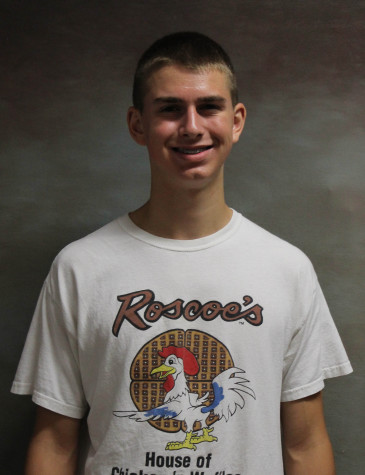Jeff Christopherson is a chemistry teacher at Normal Community. He is married and has three kids. After over a decade in high school education, He answers questions about life, the school system, and doing what he loves.
CR: What inspired your interests into chemistry?
JC :I enjoyed chemistry in school. It was one of the few classes that challenged me and interested me. I did a lot of work with photography and wanted to mix my own chemicals and do it safely. I had my lungs collapse when I was in college spontaneously and as a kid though about my own morality and how I would be remembered. I decided teaching chemistry was my calling. I had always liked being my own boss (i.e. teacher of students) and enjoyed being around the energy of children.
CR: What, in your opinion, is the most interesting thing you can do with chemistry?
JC: Chemistry is applicable to so many things in life. I enjoyed the problem solving opportunities and creativity of chemical synthesis. As a teacher i enjoyed the challenge of trying to make chemistry understandable and relevant to students. If I would work in the chemical industry I would become a materials scientist or chemical engineer. This would allow me to use unique materials to solve specific problems.
CR: What do you wish that students will take away from your class?
JC: I hope students have a better understanding of how chemistry relates to their everyday life. I want students to feel comfortable answering questions that they are not sure of and learn to work together to solve problems. I want students to realize if they work at something hard long enough they will figure it out. I want them to have a respect for science and realize science doesn’t give answers but leads us better to the truth.
CR: How has education changed since you attended school?
JC: Education hasn’t changed all that much. Good teachers still teach and bad teachers don’t.
The emphasis to everyone doing the same things has changed. The push to perform well using a target has caused students to think less deeply and only focus on what will be on the test. When I was a student we frequently weren’t sure what would be on the test. We studied everything we could and hoped for the best.
CR: What do you believe have been the most major advancements in science?
JC: Biotechnology and the depth of knowledge of DNA.
CR: What advancements do believe will happen in the near future?
JC: Better identification and prediction of disease in humans related to genetic testing. Stem cell will generate cures for many diseases.
CR: How do believe this generation of students is bettering society? Hurting It?
JC: Too soon to tell affect. My fear is students are not learning broadly and only focus on targets and objectives and missing the big picture. The curiosity created by asking questions that are unanswered motivates some. Students today care more about each other and seem to defend each other better from bullying. What I hear is that business has many openings for jobs but too few applicants to fill these high skill jobs. Students that take rigorous courses will help society. As we become more technologically based as a society we may leave behind students that lack the right set of skill set. We will have a society of “haves” and “have-nots”. This is my fear. A few will have to pay more in taxes to support those who don’t have good paying jobs.
CR: What has been your favorite experience while teaching?
JC: Seeing students turn around and go from struggling to understanding. I had a student that was in special ed and took chemistry with another teacher. They would come in and get extra help from me. That semester the student had a schedule change and moved into one of my classes. I continued to work with the student and she began to understand and like chemistry. The next year she signed up for Chem II (a second year course of chemistry). Her counselor and special ed adviser told her it was a mistake and asked me my opinion. I said I think she could handle it. She took the course and earned a B. It made me feel great.
CR: How have you changed throughout your teaching career?
JC: I’ve become more relaxed in the classroom and have tried to always do what I think is best for the students. In my early years I taught what I was told and didn’t try to incorporate interesting stories into class and wouldn’t cut students any slack if they forgot a homework assignment. I now listen to students and try to put myself in their shoes and act how I would have wanted my teachers to respond.


![Community honors longtime coach Mr. Bryan Thomas before Oct. 3 game [photo gallery]](https://nchsinkspot.com/wp-content/uploads/2025/10/Thomas-6-1200x1200.jpg)
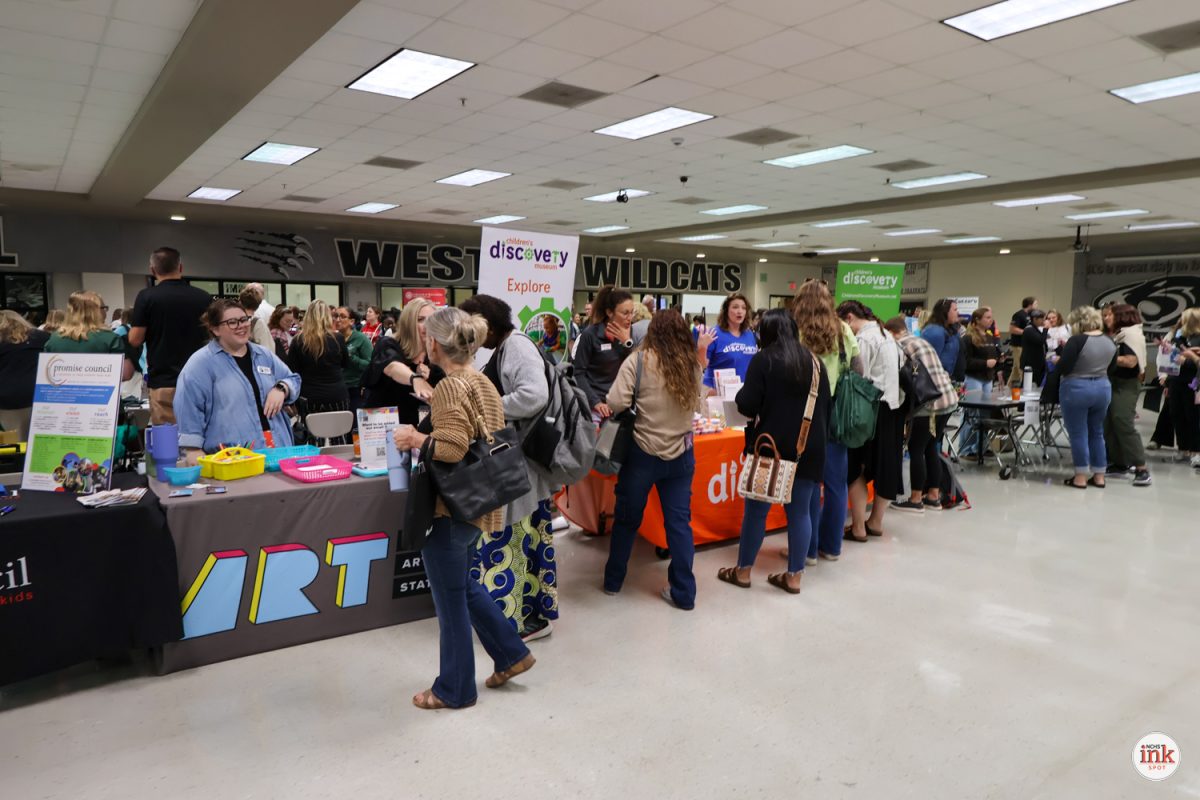
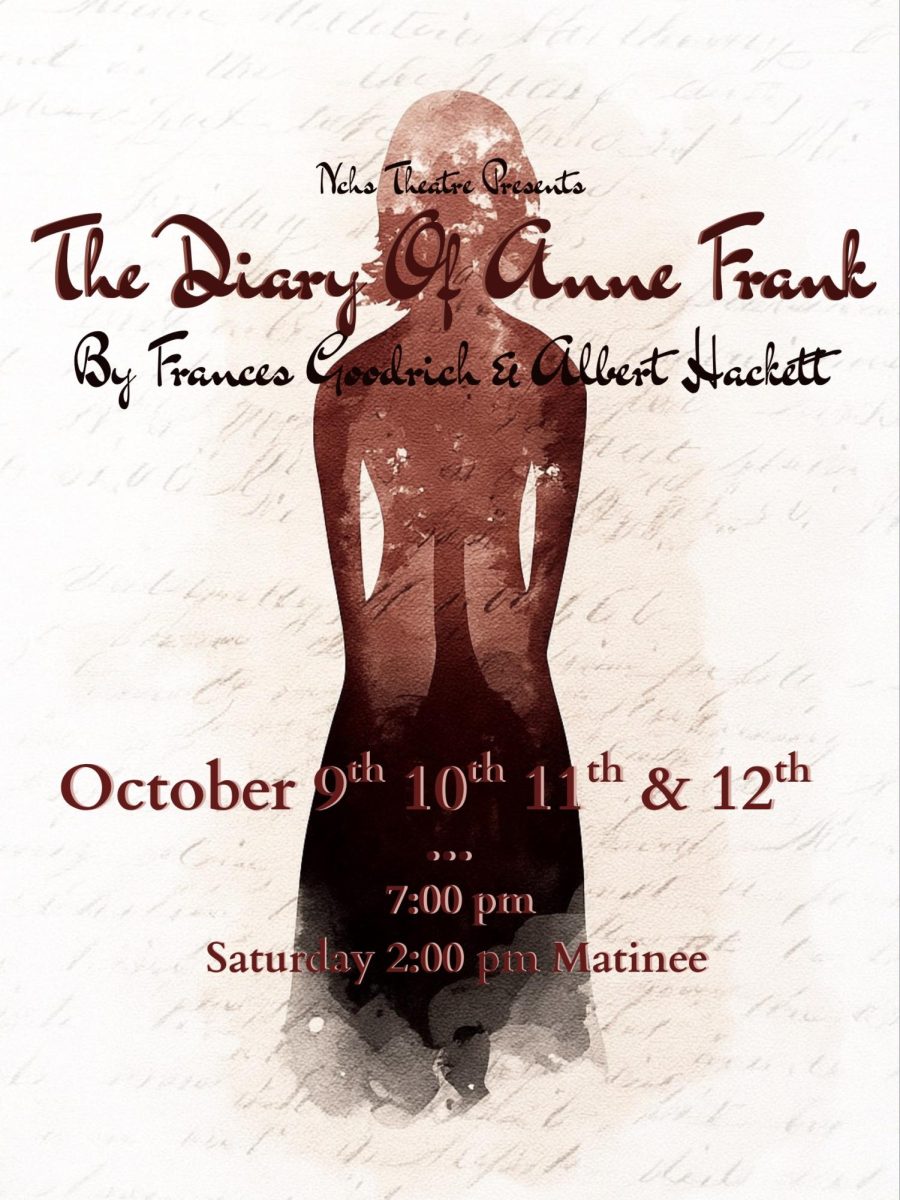
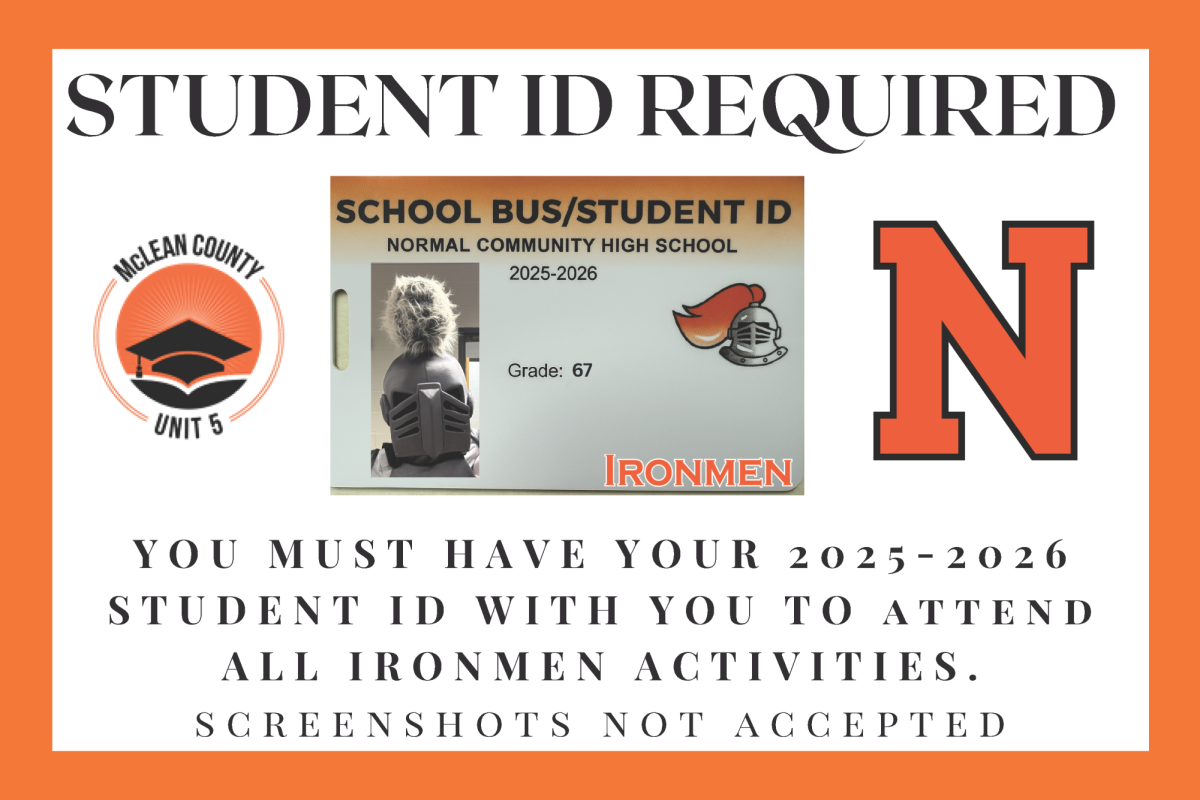
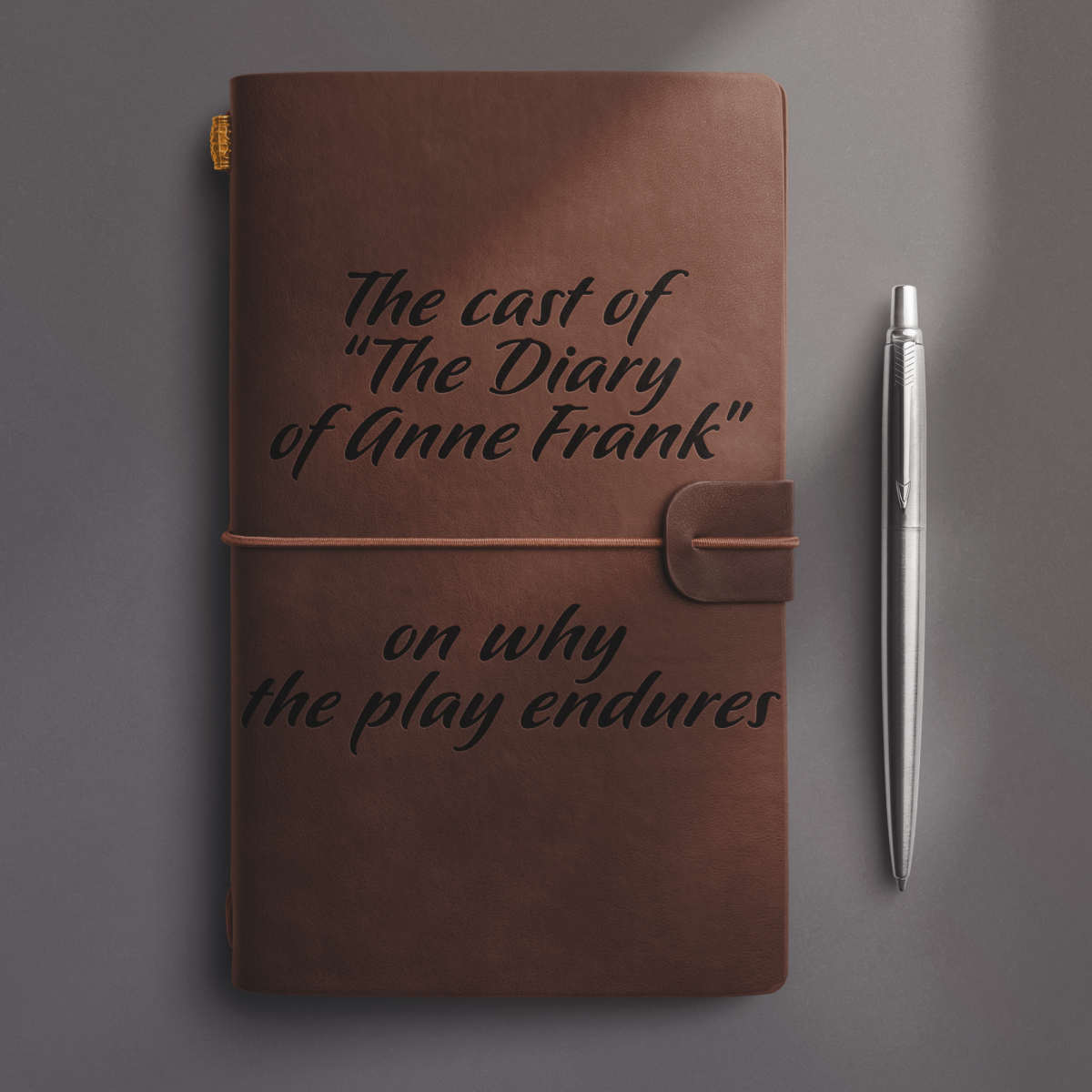
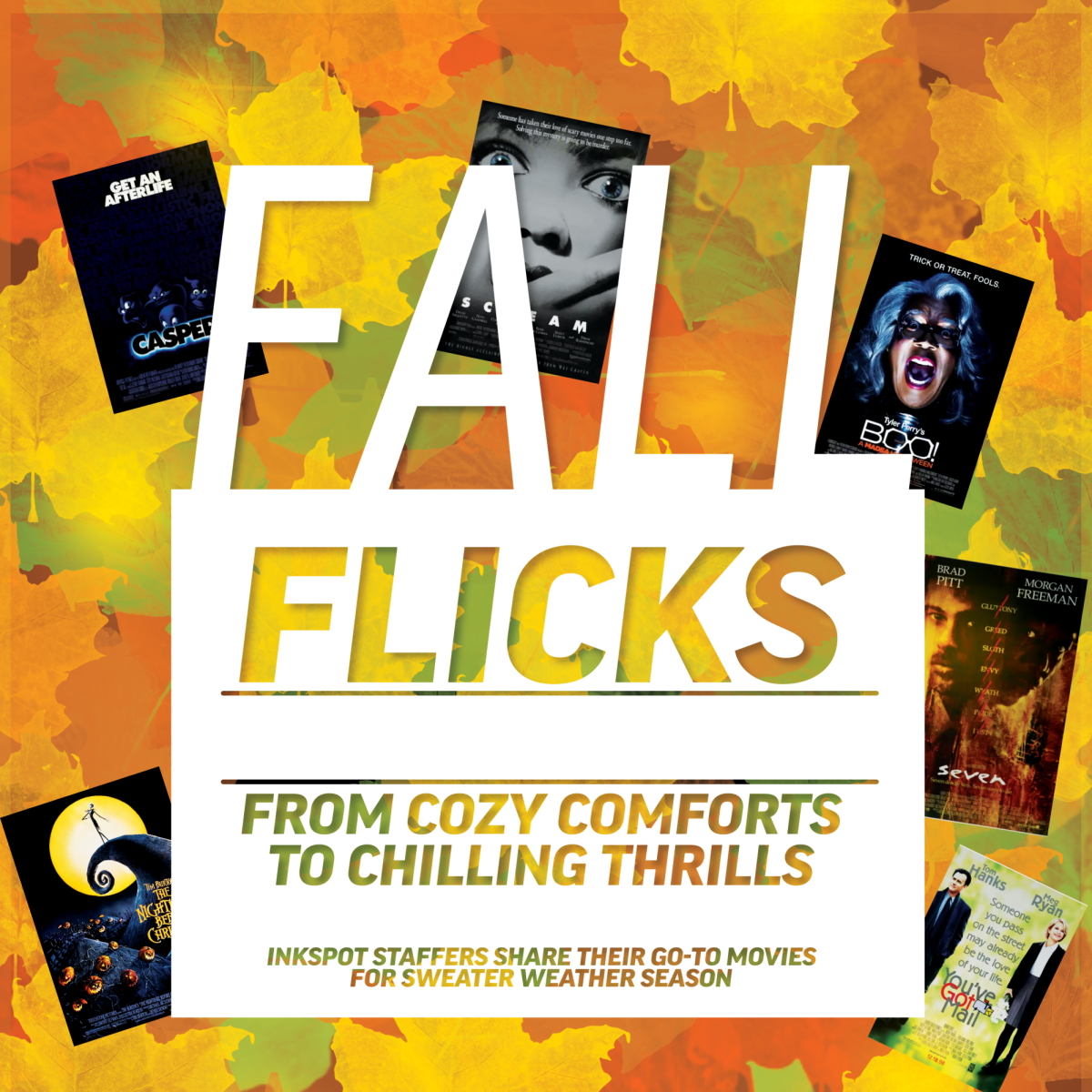


















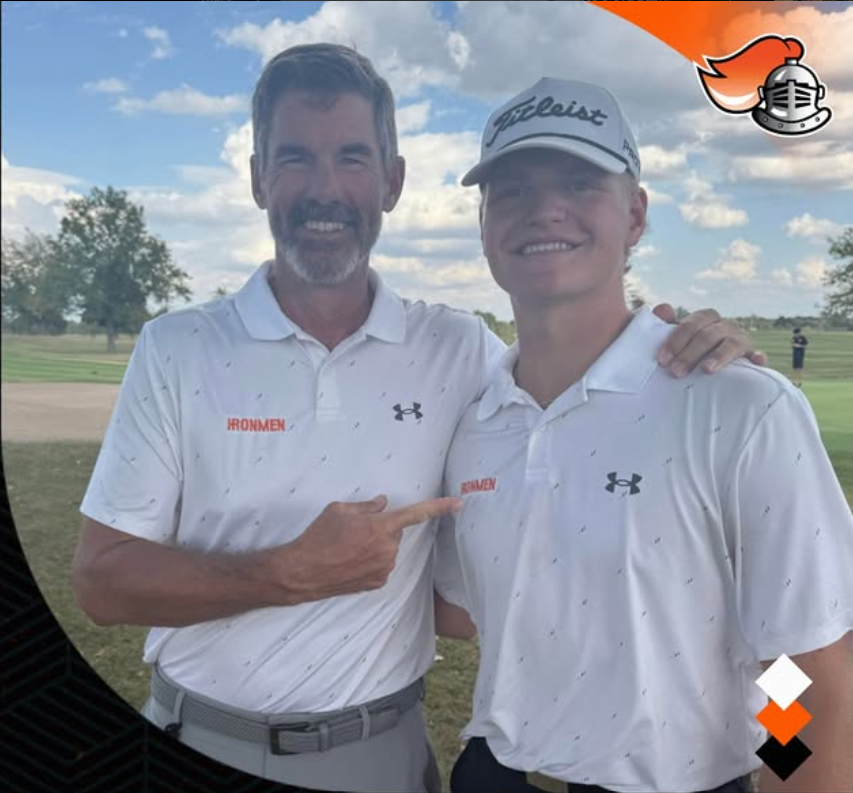
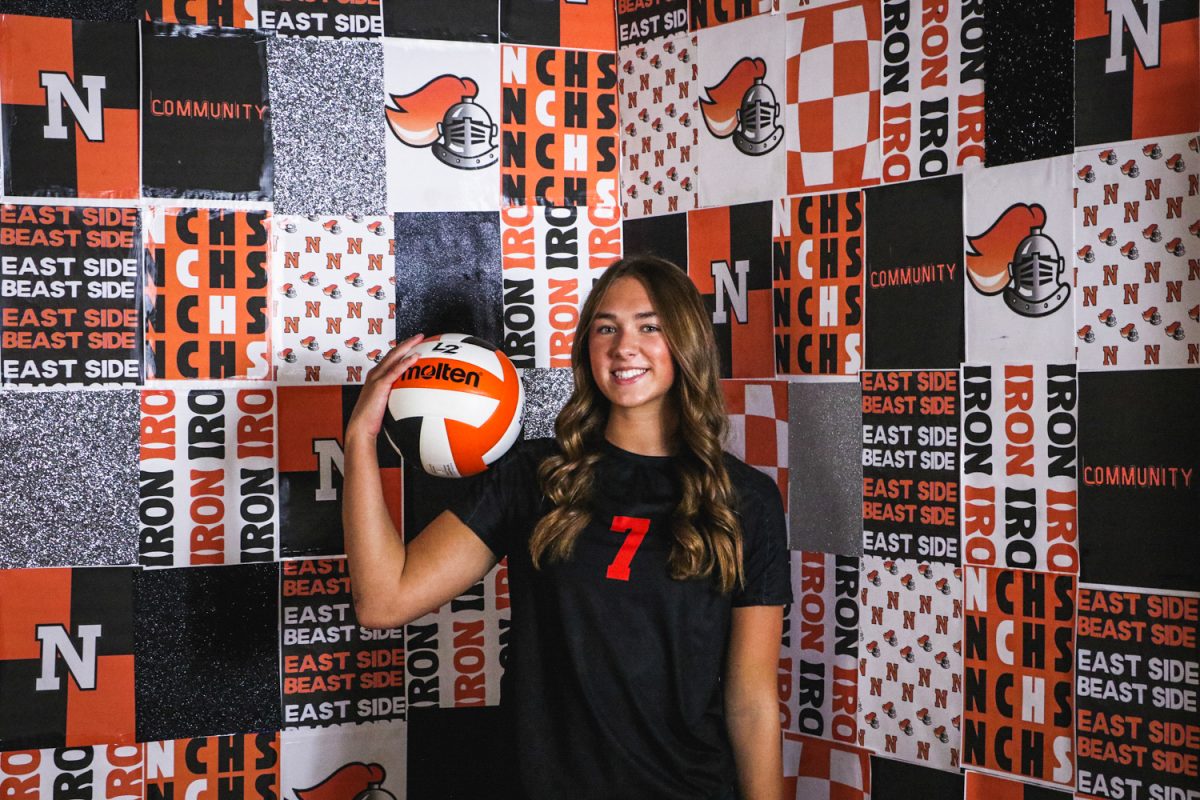
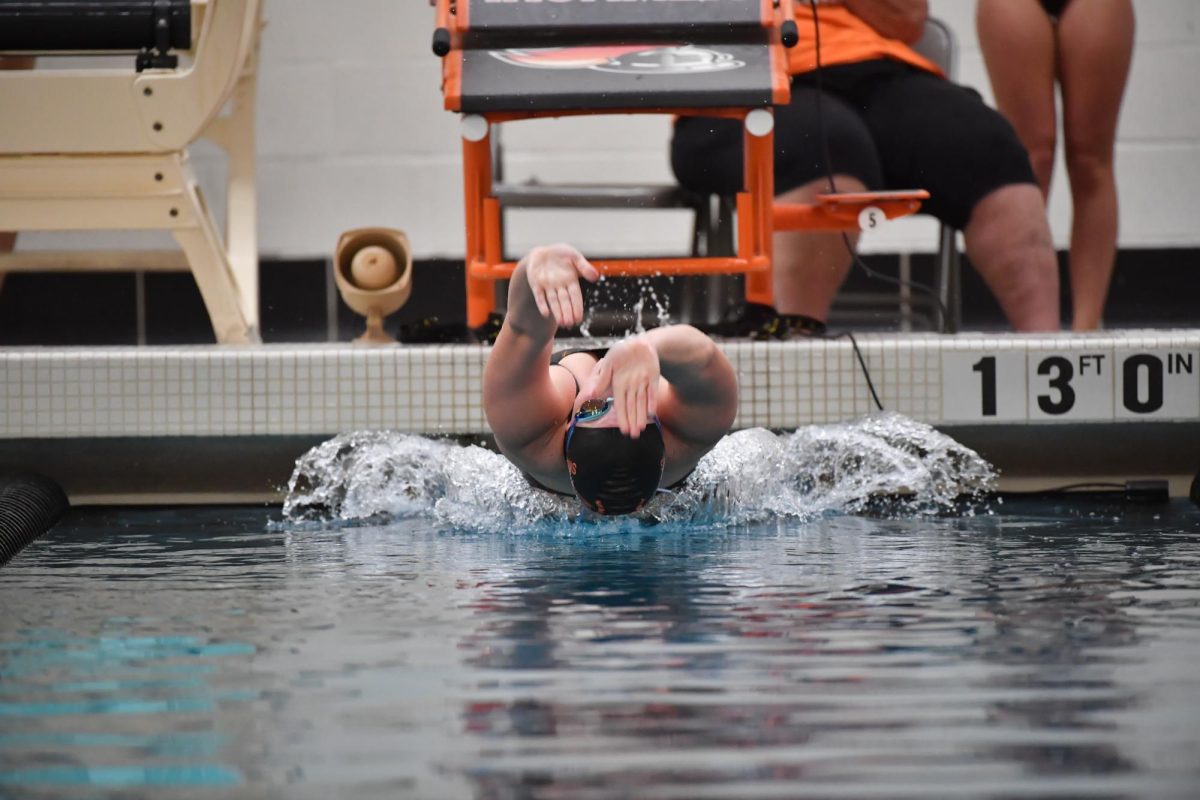
![Week 7: Coach Drengwitz recaps the Ironmen’s win over Bloomington, talks Danville [video]](https://nchsinkspot.com/wp-content/uploads/2025/10/Vikings-feature-Image-1200x675.png)
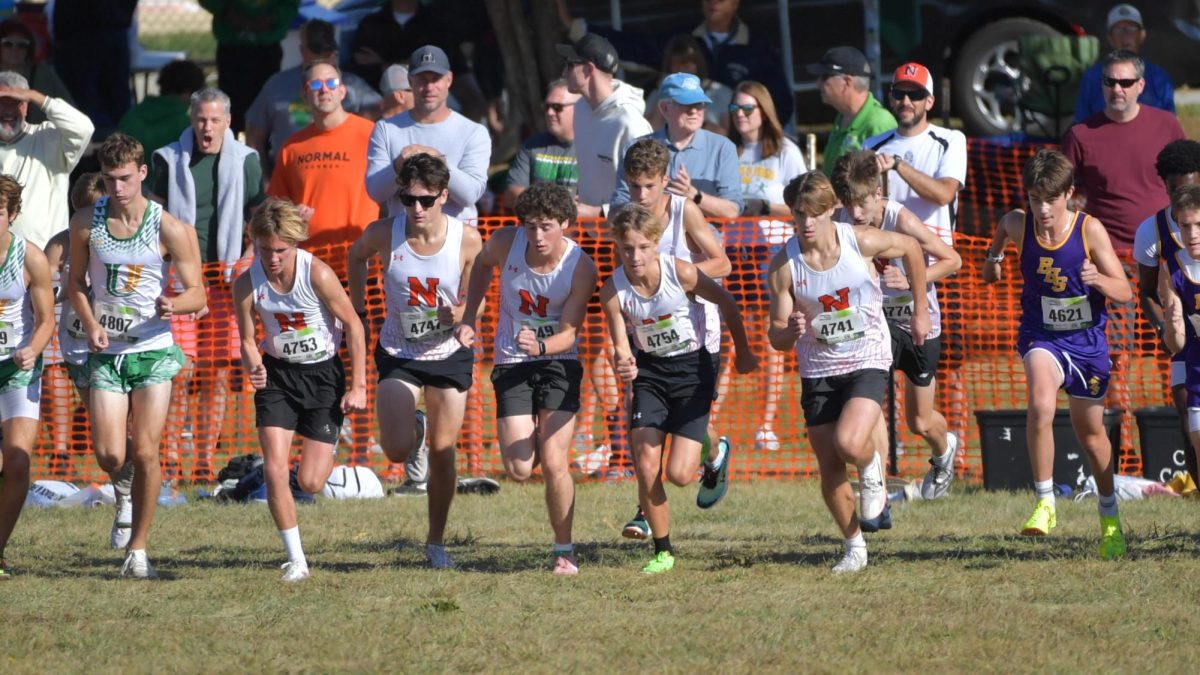





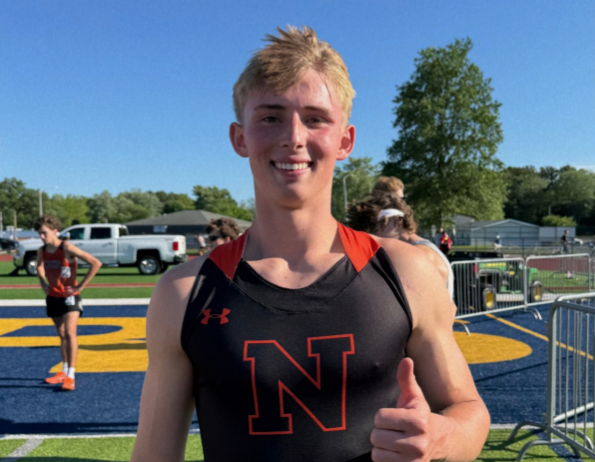
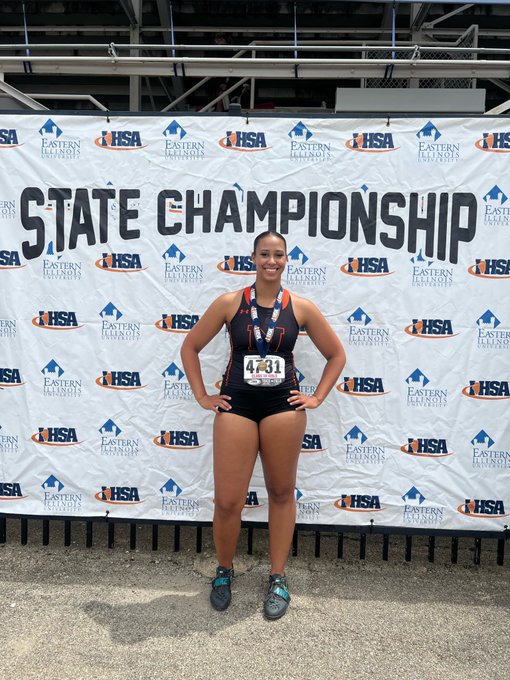
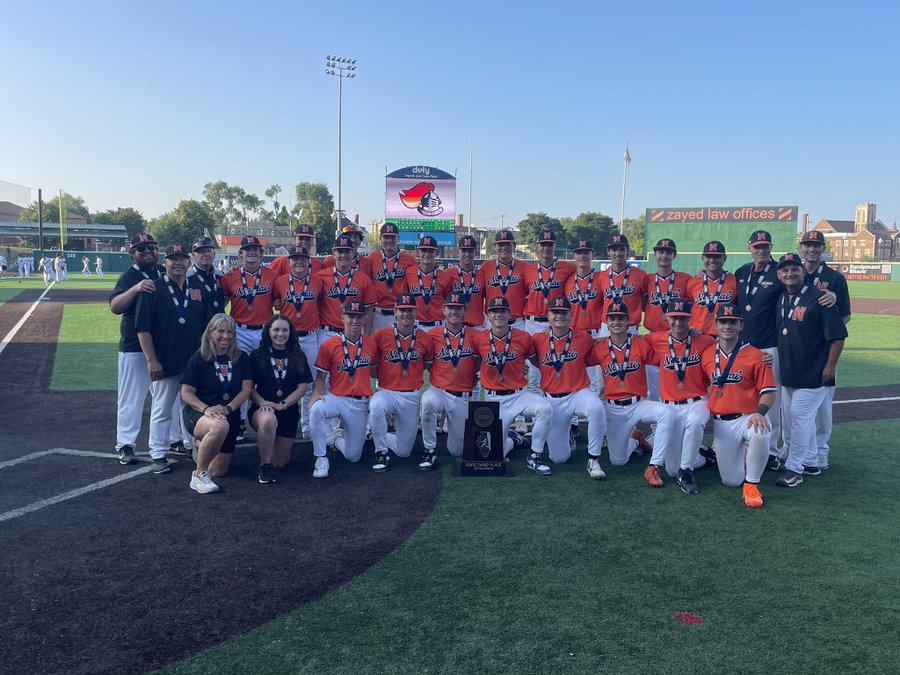








![Halloween candy cross section quiz [quiz]](https://nchsinkspot.com/wp-content/uploads/2022/10/Candy-cover-big-900x675.png)
![Average Jonah? [quiz]](https://nchsinkspot.com/wp-content/uploads/2022/05/average-jonah-900x600.png)







![[Photo Illustration]](https://nchsinkspot.com/wp-content/uploads/2025/09/trigger-words.png)










![Week 5: Coach Drengwitz previews the Ironmen’s matchup vs. Peoria Manual, recaps Week 4 [video]](https://nchsinkspot.com/wp-content/uploads/2025/09/Week-5-v-Rams-1200x675.png)





![Postgame reaction: Coach Drengwitz on Community’s 28-17 Loss to Kankakee [video]](https://nchsinkspot.com/wp-content/uploads/2025/09/Week-4-postgame--1200x675.png)
![Week 4: Coach Drengwitz previews the Ironmen’s matchup vs. Kankakee [video]](https://nchsinkspot.com/wp-content/uploads/2025/09/Ironmen-v-Kankakee-video-1200x1200.png)
![On the Spot: This or That – Halloween [video]](https://nchsinkspot.com/wp-content/uploads/2024/10/tot-Halloween-YT-1200x675.png)
![On the Spot: This or That – Fall favorites [video]](https://nchsinkspot.com/wp-content/uploads/2024/10/ots-fall-web-1200x800.png)
![On the Spot – Teachers tested on 2023’s hottest words [video]](https://nchsinkspot.com/wp-content/uploads/2024/01/On-the-Spot-Teachers-tested-1200x675.png)








